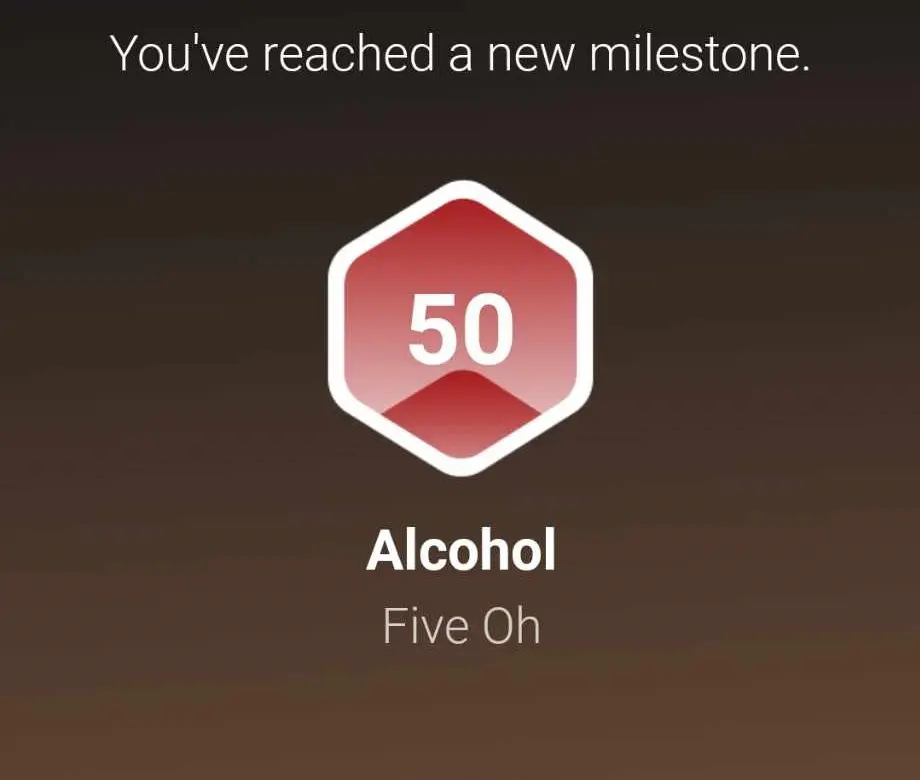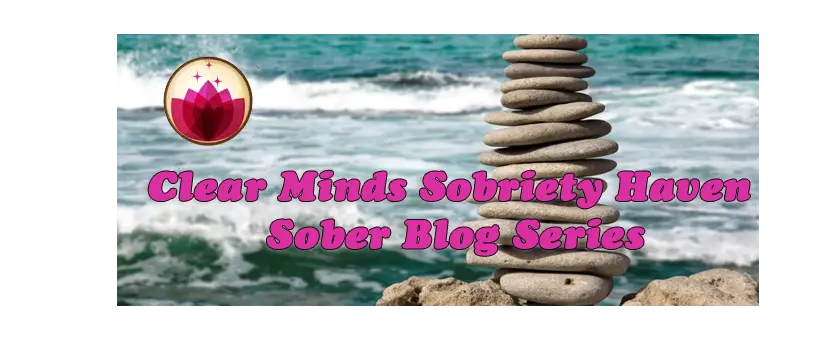
What Happens to Your Body When You Stop Drinking Alcohol Over Time
In my personal experience, I was expecting drastic changes to happen overnight and that has not been the case. However I have taken a photo of myself on every weekly milestone and I have noticed less facial swelling over the past 6 weeks, the bags under my eyes are not as dark the circles are less puffy, my face is not as pale, my mind is clearer and I can rationalize better. I am not as panicky and have had less anxiety. When trying to stop drinking it is important to try to stay positive. Do I have bad days? Yes, almost every day. Little things trigger me just the same as they did 6 weeks ago. Something goes wrong at work and I want a beer. I have to take an uncomfortable phone call, I want a margarita. But the difference now is, I don’t do it. I have begun to crochet at night and read more. I started a series on Netflix that I’ve been putting off or have been too drunk to pay attention to the other 3 times I’ve tried watching it. Find mini wins in your sobriety and don’t focus on the negative. This is odd coming from me who is the world’s most pessimistic person. But maybe not drinking is changing that for me. Maybe it will change for you too. I in no way feel like I’m over my drinking problem. Not at all. The future without alcohol seems like a boring and strange place, but it’s a place I’ve never been before so I am going to continue to look forward to it.
As always, no information in this blog should be taken as medical advice. This is a blog that documents my sobriety journey and gives others tips and information on getting sober. If you drink every day or if you have withdrawal symptoms if you do not drink, please consider at least going to a detox center to get you past the withdrawals of alcohol. Alcohol treatment centers can also help you get to the root cause of your alcohol dependency and can help you overcome it without being alone in your recovery.
What happens to your body during the first 3 days of not drinking alcohol? The first three days of not drinking are the hardest. This is typically when withdrawal hits. (If you are experiencing severe withdrawal symptoms please do not stop drinking alcohol. Contact 911, go to the emergency room, or call to speak with one of our specialists at Addiction No More to see if you need a medical detox to come off alcohol.)
Sweating, increased heart rate, tremors, insomnia, nausea or vomiting, agitation, and anxiety are the most common symptoms of alcohol withdrawal. Severe symptoms include hallucinations (i.e., seeing, feeling, or hearing sensations that don’t match reality) and seizure activity, including delirium tremens (DT). When these symptoms happen it can be tempting to give up and start drinking again. Don't do it. I personally had cold sweats, shakes headaches, felt like I had the flu and couldn't sleep for the first week of my sobriety, and the depression "WHEW!" (that is a blog for another day). But you can do it. Take it one day, one hour, one minute, one second at a time.
What happens to your body after 1 week of not drinking alcohol? You made it through withdrawal and have now made it a week. Good job. Now what? Going 7 days alcohol-free has several benefits such as better sleep, better memory function, more energy, better mental health, better skin health, and much more. All of your body's systems are back to their usual working levels. You may find that you have more energy and better concentration. Even if you toss and turn a bit at first, when you do drop off you'll get better-quality sleep and probably wake feeling more refreshed the next day. Your skin's hydration begins to restore.
What happens to your body after 2 weeks of not drinking alcohol? You may still be having trouble sleeping but you should feel more refreshed when you wake up. Dreams may seem more vivid. I know my dreams have been way more memorable and weird. A few people in my online AA group have also mentioned their dreams. Your emotions may be stronger. You might get a little more agitated than usual. This is totally normal! You might notice that you don't have heartburn and upset stomachs as often if at all anymore. You could be losing a little weight. Be careful not to replace alcohol with sweets like I did. Now it is a challenge to avoid not only alcohol but cookies too! You could still experience long-term withdrawal symptoms such as anxiety, phantom hangovers, nightmares, night sweats, or insomnia.
👍 Positive things that happen to your body after 2 weeks of not drinking alcohol include better sleep and hydration. Alcohol is an irritant to the stomach lining. After two or three weeks you will also see a reduction in symptoms such as acid reflux where the stomach acid burns your throat.
What happens to your body after 3 weeks of not drinking alcohol? By now, you have successfully reduced your risk of heart disease, including stroke, high cholesterol, and high blood pressure. Your kidney health and vision may improve too. Your blood pressure may reduce to normal levels by the 3rd or 4th week. You may start having even more emotions especially if your drinking problem was sprung from traumatic events (common). (I am in week 6 of my sobriety now and trust me, this does get easier as the weeks go by. My third week was hell.) Isolating yourself from people you love while in recovery can lead to relapse.
👍 Positive things that happen at week 3 of no alcohol are, that you have more energy, better sleep, more free time, weight loss, better memory, improved skin, reduced anxiety and depression, more money, and improved sex drive. Please know that this doesn't always happen right on cue. I was still having some of the symptoms of week one by my third week and am only now, in week 6 experiencing the positives that should come in week 3. Don't get discouraged. It will happen for you in time. No one person's recovery is the same.
What happens to your body after 4 weeks of not drinking alcohol? You may start having a form of sensory overload. Your mind and body have been in a sort of haze this entire time you've been drinking, or even with binge drinking. As you start to really"wake up" you may be flooded by emotions that alcohol or drugs have been holding at bay. Don't let these emotions and memories make you relapse. You are still in control. You should get help from a professional if these emotions are debilitating. We go to the doctor for as little as an infected hangnail. Mental illness should also be treated in the same manner.
👍 Positive things that happen to your body when you stop drinking for a month are your liver fat may be reduced by up to 20%. I believe this can be true as my right side used to ache constantly and I do feel less pain now. Your risk of type 2 diabetes has lowered. You may notice that your overall well-being is better. You may have added self-confidence and less anxiety. You may have more energy. Anyone who successfully stops drinking for a whole month is more likely to abstain from alcohol for 6 months or longer.
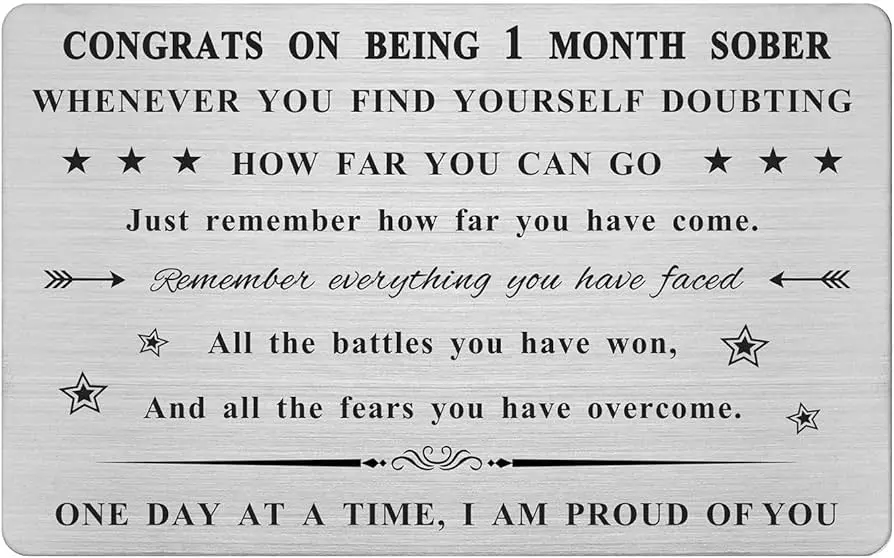
What happens to your body after 6 weeks of not drinking alcohol? We made it 6 weeks! WOW! Great job. So...now what happens? The changes you may be starting to actually see now are weight loss, better sleep, a lower risk for major diseases, an enhanced immune system, healthier skin, and lower cancer risks. For many people, life is just better without alcohol. Headaches and having a dry mouth will decrease, the skin will feel more radiant, and dark circles around your eyes will lessen. Your memory will begin to improve. Alcohol is proven to hinder the part of your brain that deals with memory. Personally, I am at this point now in my sobriety and I can feel a change. My sig. other has told me twice in the past week that the circles under my eyes are lighter. I had dry mouth so bad before I stopped drinking that I ended up in the emergency room for an infected saliva gland. That was kind of my wake-up call. I have really bad chronic asthma and my asthma symptoms are so much better. I don't have headaches as often. I'm actually contemplating getting back into yoga which I haven't been able to consistently do for years because of middle-of-the-week hangovers.
What happens to your body after 2 months of not drinking alcohol? By 4-8 weeks after quitting, your gut will start to level out. As I mentioned earlier, you will probably have less upset stomach, less diarrhea, less vomiting, and less acid reflux and gas. Your sleep quality will improve. You may be having and remembering more of your dreams. You are probably waking up actually feeling refreshed. Though we may fall asleep faster when we drink, our brains increase alpha wave patterns, which cause our brains to be more active than they should be while we sleep.
What happens to your body after 3 months of not drinking alcohol? Binge drinkers, alcoholics, and dependent drinkers will feel more energy and a sense of well-being at the 3-month mark with less self-deprecating behaviors and thoughts. You should have less anxiety and depression. Your critical thinking skills will improve. Saving money! You should be saving lots of money by not spending all of that cash on drinks at the bar and bottles for at home. Your relationships with friends, loved ones, and family members may be better because you aren't having to hide or leave early to go get a drink. Living an honest life is rewarding. Not drinking alcohol reduces your risk of cancer. Because alcohol is a known human carcinogen, abstaining from alcohol will eventually decrease your risk of getting cancer.
Types of cancer that alcohol is known to contribute to include:
- Liver
- Oral
- Breast
- Pharynx
- Larynx
- Esophagus
- Stomach
- Colorectal
- Ovarian
What happens to your body after 6 months of not drinking alcohol? Continued reduce your risk of cardiovascular disease and cancer. Mental health challenges that you had before or while drinking, are often reduced by not drinking for 6 months. The intensity of mental health issues such as depression and anxiety can be lessened. Increased quality of sleep has positive effects on many people. For some, meditation, yoga, reading, or other activities such as a pottery class, become more possible. Sleep dictates our energy levels to an extent so exercise or any form of movement can become easier and more enjoyable.
What happens to your body after 1 year of not drinking alcohol? People should start to notice that you look better, your skin has improved and your mood is better. You will have probably saved at least $1000. People report fewer sick days from work, and your blood sugar, body, mind, and heart are a whole lot healthier than it was 12 months ago. Your immune system is also functioning better. You have a healthy liver. Continue using the strategies, tools, and support team that has helped you get this far. Please reach out for support when you need it to stay on track.
Tips: Take Vitamins!
- Vitamin E is a fat-soluble compound that helps protect cell membranes from oxidation and destruction.
- Vitamin D Chronic liver diseases are often associated with vitamin D deficiency.
- Vitamin C has been suggested to be involved in regulating hepatic and circulating lipid homeostasis.
- Vitamin B Reverses liver inflamation.
- Milk Thistle protects the liver from toxins, including certain drugs, such as acetaminophen (Tylenol), which can cause liver damage in high doses.
- Dandelion root has been traditionally used as a liver tonic, a medicinal substance that can boost vitality.
- Turmeric is a common yellow spice that exhibits antioxidant-like effects, which can help protect the liver from oxidative stress.
- Beetroot, or beets, is a vegetable that is associated with liver and gallbladder health.
- Ginger contains gingerol and other active compounds that have antioxidant-like properties that can help manage oxidative stress in the body and support liver health.
Increase your antioxidants
Plant-based foods like fruits and vegetables, nuts, seeds, herbs and spices, and whole grains are among the best sources of antioxidants. They are also typically high in fiber and excellent sources of vitamins and minerals. Some antioxidant-rich foods include blueberries, strawberries, red cabbage, purple grapes, spinach, beets, orange vegetables, avocados, and even dark chocolate. Coffee is also a rich source of antioxidants.
Sources
Recovery Tool Kit
Cycle of Addiction
Surely
Alcohol Change
Alcohol Treatment
Vitamins for liver health
Benefits of not drinking
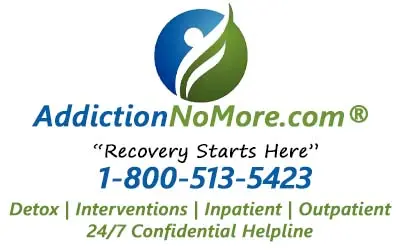

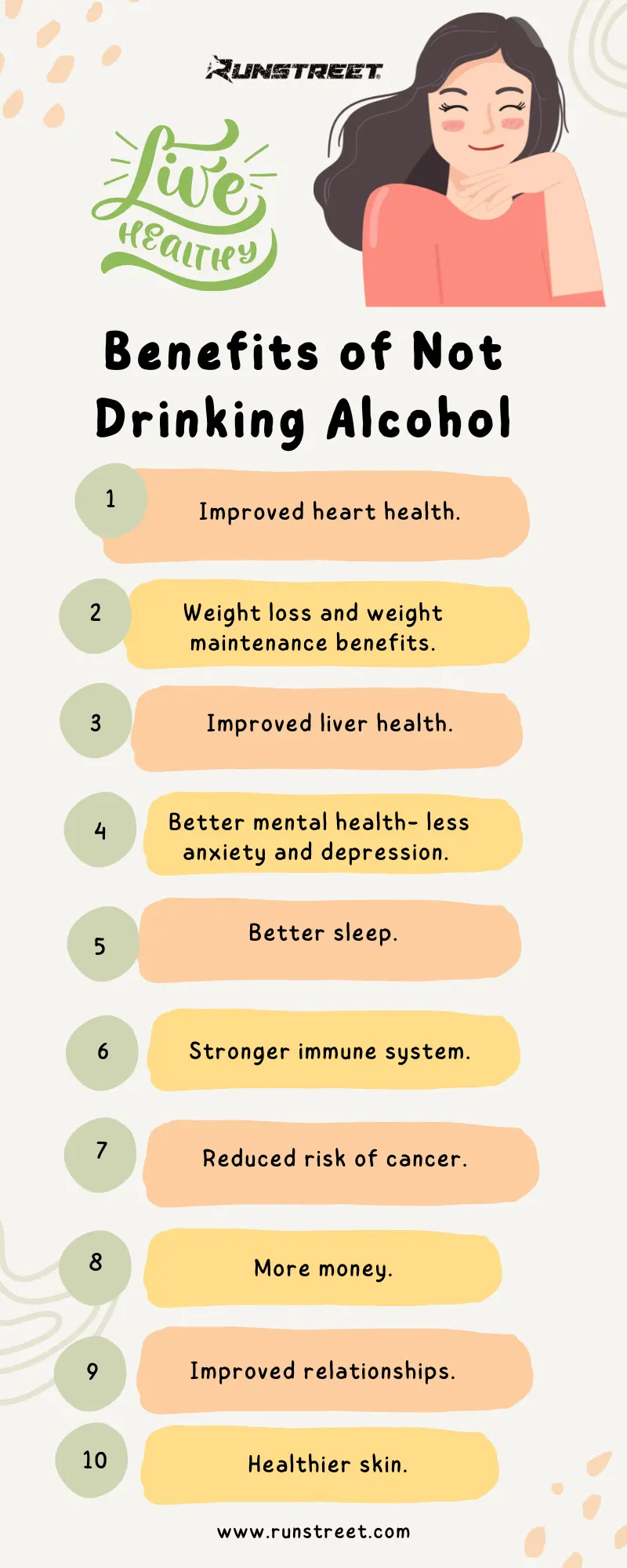


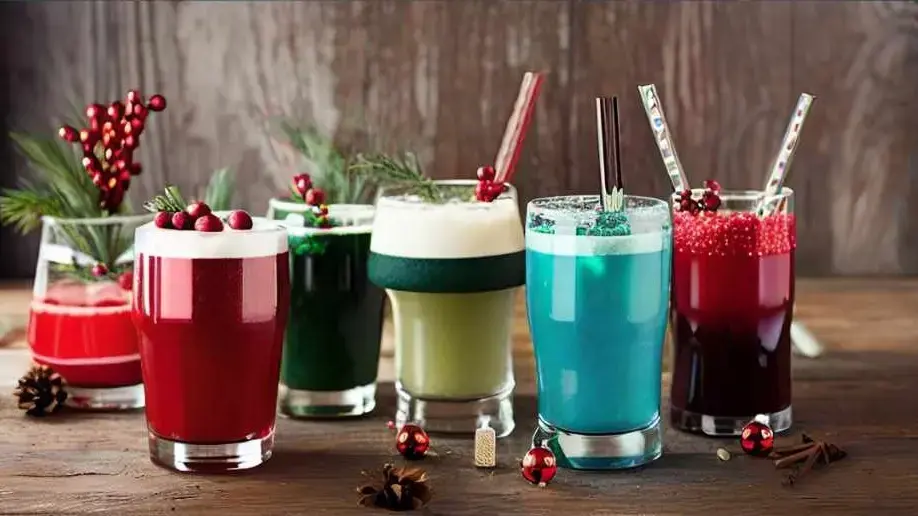

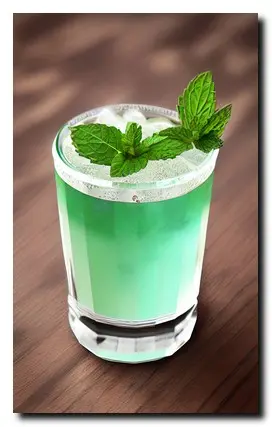
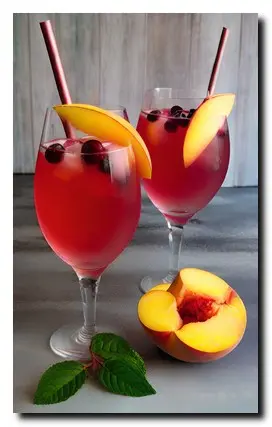
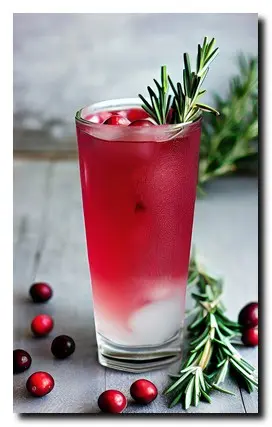
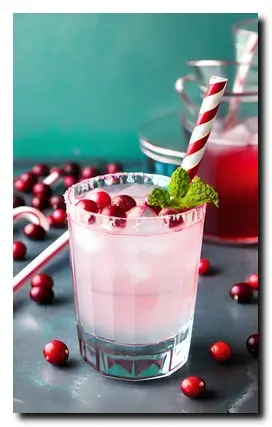
 “MrCade
“MrCade